Disordered Eating or an Eating Disorder? What Parents Need to Know Now
Disordered eating or an eating disorder? What parents need to know now. Eating disorders have nearly doubled globally, rising from 3.5% to 7.8% between 2000 and 2018. Every 52 minutes, someone loses their life due to an eating disorder. But here’s what many parents don’t know:Less than 6% of those with eating disorders are medically underweight. That means your child doesn’t have to “look sick” to be struggling. 💬 “Is this just picky eating? A phase? Or something more serious?” If you’ve asked yourself this, you’re not alone. I’ve worked with countless families asking the same questions. And here’s what I always say: You don’t need a diagnosis to take action. If something feels off, trust your gut. Disordered Eating vs. Eating Disorders: What’s the Difference? Both disordered eating and eating disorders affect how someone relates to food, but they’re not the same. 👉 Disordered Eating Includes behaviors that might not meet the criteria for a diagnosis—but are still harmful.Examples: 👉 Eating Disorders Are serious mental health conditions like anorexia, bulimia, or binge eating disorder.They require medical and psychological intervention. Both deserve attention, can cause harm and can people can heal with the right support Disordered Eating or Eating Disorder? The Numbers That Matter So let’s bust the myth that only “thin” kids are at risk—and start listening for the quieter signs. Disordered Eating or Eating Disorder? What You Can Do If your child is… …it’s time to take the next step. You don’t have to wait for a formal diagnosis.There is support-just reach out. Let’s Talk. As a coach trained in disordered eating recovery, intuitive eating, and body image work, I help families understand what’s going on—and what to do next. ➡️ Contact me here or DM me on Instagram @siahfriedcoachLet’s make sure your child gets the support they need—before things escalate. Warmly, SiahSiah S. Fried, MPH, NBC-HWCwww.siahfriedcoach.com Here is a link for more information on the statistics listed in this blog.


